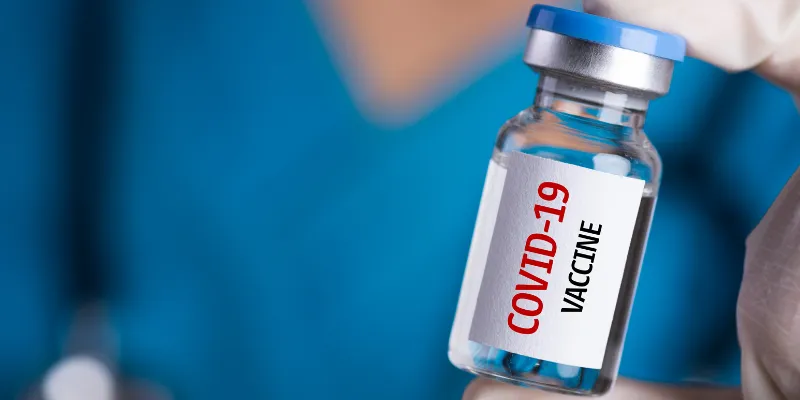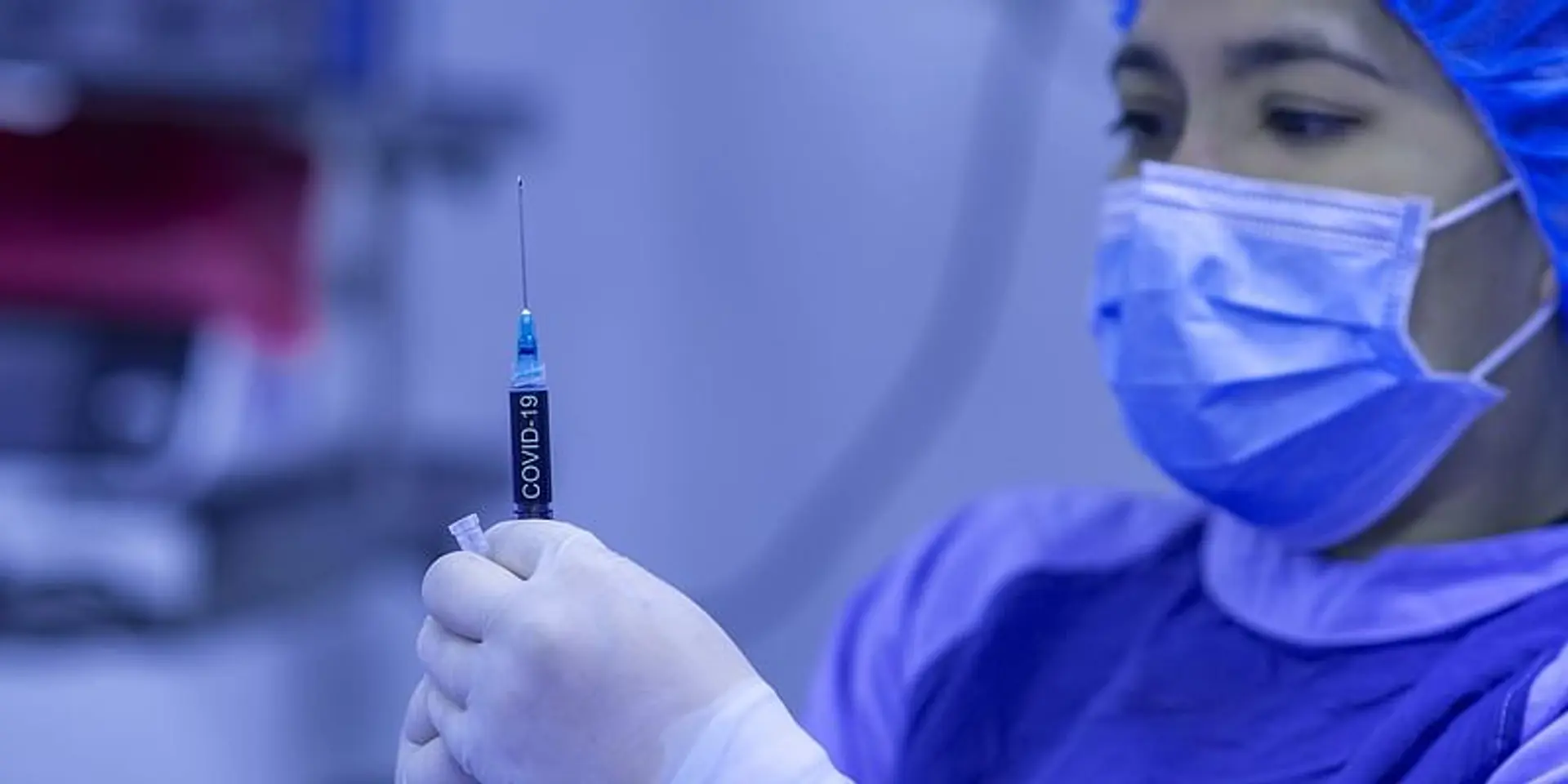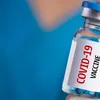National Vaccination Day and India's COVID-19 inoculation drive
On National Vaccination Day, SocialStory discusses the importance of the day in 2021, how the COVID-19 vaccination has progressed so far in India, and how citizens can avail the vaccination.
Every year, India celebrates National Vaccine Day on March 16, commemorating the day the first dose of Oral Polio Vaccine was given in 1995 in India. Also called the National Immunization Day, it was started to curb polio in the world and in India, one of the places where it was most difficult to control the disease. In fact, it constituted about 60 percent of the global polio cases.
Immunisation or vaccination is a simple process of making a person’s body immune to a particular disease with the help of a weaker strain of the disease in question. The strain cannot cause the disease but can help the body make antibodies in response to the disease which then protects the body if the actual disease were to attack.
In 2014, India was declared Polio-free thanks to the efforts of the Indian government, WHO and other supporting organisations. However, six years later, we were faced with yet another disease, this time, a global pandemic called the coronavirus.
According to global statistics website, Worldometers, there are about 120 million COVID-19 positive cases that have been recorded so far, with more than 11 million cases in India itself.
That being said, 2021 is seeing another important vaccination drive in the country – the COVID-19 inoculation drive, which is now the second-largest in the world. The country sees an average vaccination rate of 1.26 million doses per day, behind the United States, which is administering about 2.5 million doses a day.

On January 16, India started the inoculation drive, limiting it to the frontline health workers and support staff of hospitals in the first phase. In the second phase that was opened from March 1, citizens above the age of 60, in addition to those above the age of 45 with comorbidities, were eligible to take the vaccine.
India has two vaccines that are approved by the drugs regulatory authority and are being administered – Covishield developed by AstraZeneca and Oxford, and Covaxin, by the Indian firm Bharat Biotech, backed by the Indian government.
Many national leaders including Prime Minister Narendra Modi, Finance Minister Nirmala Sitharaman, CM of Delhi, Arvind Kejriwal, and Kerala’s Health Minister K. K. Shailaja have already taken the jab along with over 32 million citizens of the country. It has also shipped thousands of vaccine doses to other countries for free.
Those who would like to get vaccinated can visit cowin.gov.in or download the CoWIN app, which will provide details of the vaccination centres around your location. They can either walk into any hospital or fix an appointment for the same. While it is free in government hospitals, citizens can avail the vaccine at a nominal fee of Rs 250 per dose at private hospitals.
Edited by Anju Narayanan







![[100 Emerging Women Leaders] How Gayatri Agrawal is inspiring women to embrace tech](https://images.yourstory.com/cs/2/f9bdfa20c75811ed9569e5d19beae38b/100EWLGayatri-AgrawalFeatureImage-1732290015187.jpg?mode=crop&crop=faces&ar=1%3A1&format=auto&w=1920&q=75)